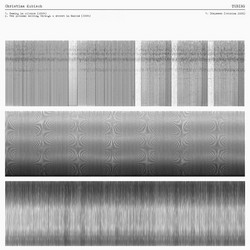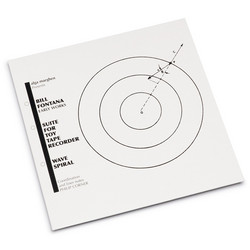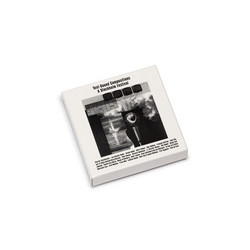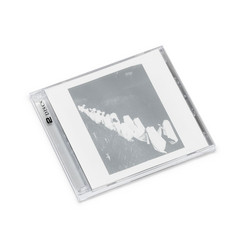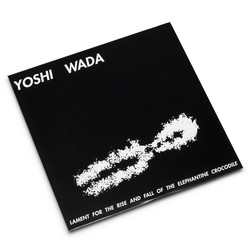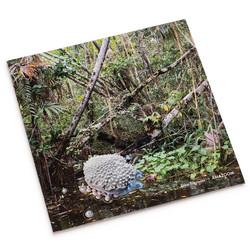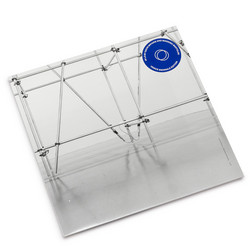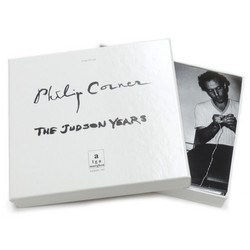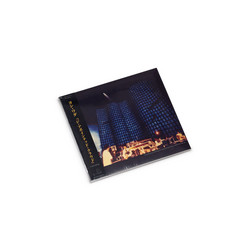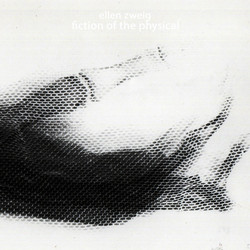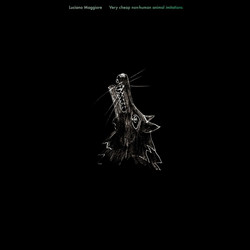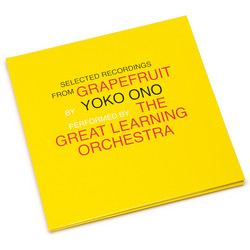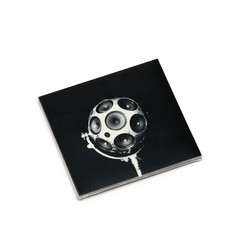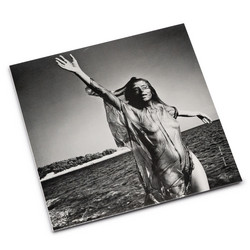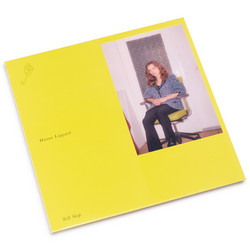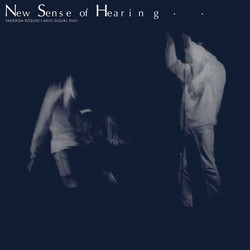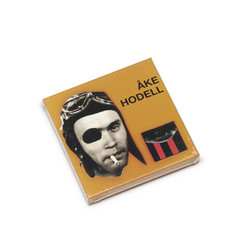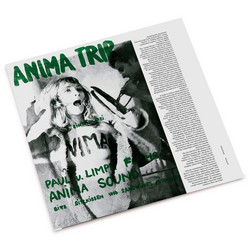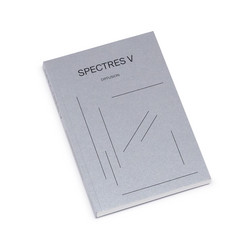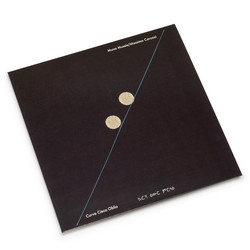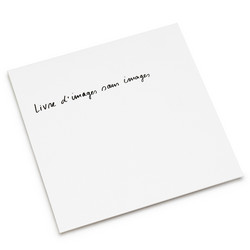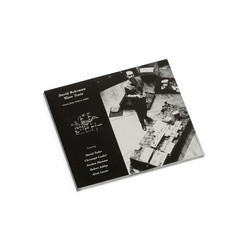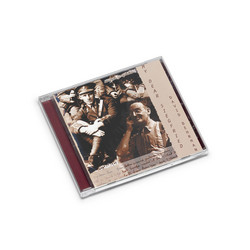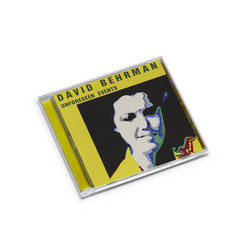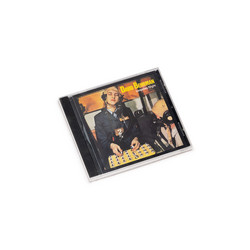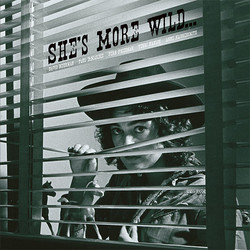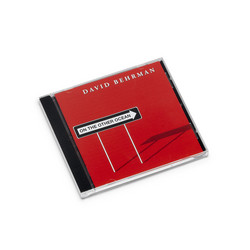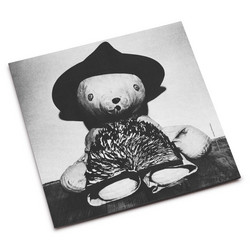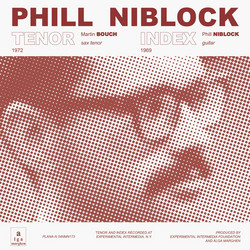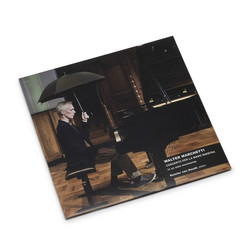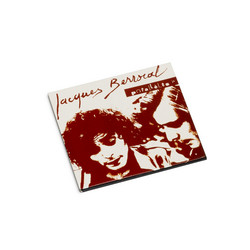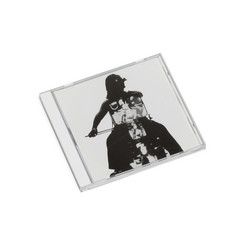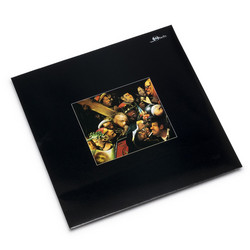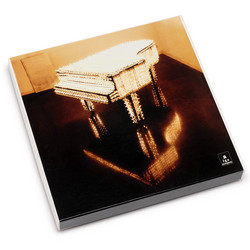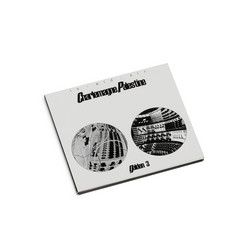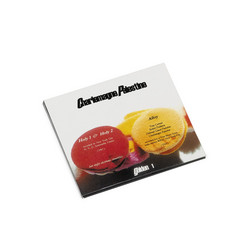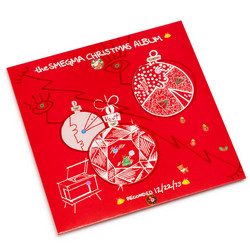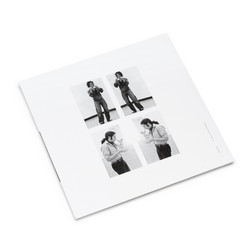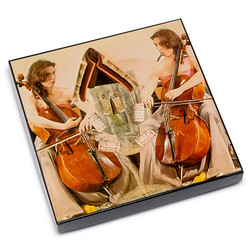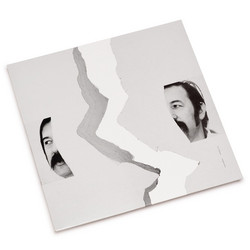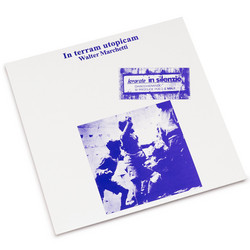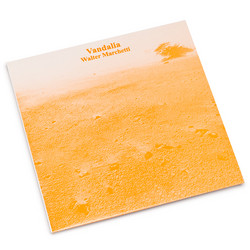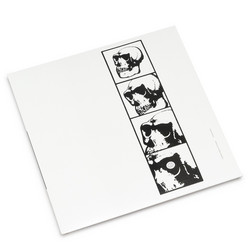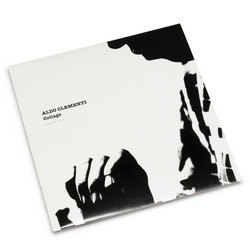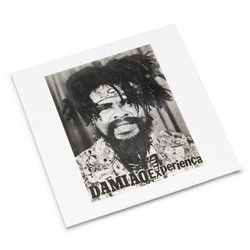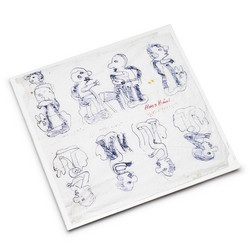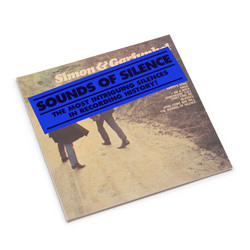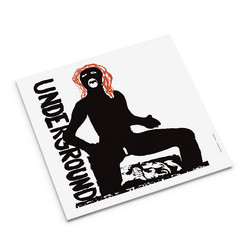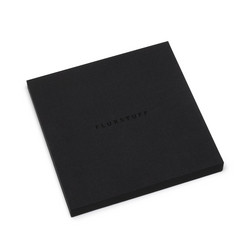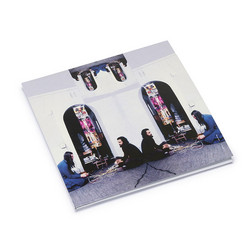** Small repress available. An essential entry, offering crucial insight into one of America’s most important composers. Beautiful, challenging, and visionary, this what music should always be - the heights of creativity bound to the specificity of time** Since they emerged just over twenty years ago, the Milan based imprint Alga Marghen has shown an unparalleled dedication to Post-War sonic avant-garde, assembling a catalog of reissues and archival releases which traverses a remarkable breath of material and range of practice, while offering it cohesive context and crucial conceptual interplay. Among the most important figures in a discography defined by important figures, is the composer David Behrman, to whom the label now returns, with an incredible LP assembling a series recordings made during the 1980s, entitled Music With Memory. With his peers Robert Ashley, Gordon Mumma, Alvin Lucier, and a handful of others, David Behrman occupies a seminal place in the Post-War American musical avant-garde. His work helped define an era, and remains as remarkably fresh, engaging, and visionary it was the day it began to emerge. He is the perfect representation of the generation who followed behind John Cage, proceeding and running parallel to the Minimalists - a radical free thinker, embracing the optimistic and utopian spirit of Modernism and technological innovation, with little obligation to the constraints of orthodoxy, however new or old.
He stands outside of easy categorization or movement, having assembled an entirely unique body of work. A founding member of the seminal Sonic Arts Union, David Behrman was early to embrace the symbiosis of advanced technology and music, becoming a rapid innovator in the growing field of computer music, which, when he came to it, was the product of unwieldy and often unpredictable room size machines, confined to the studios of universities like Columbia and Princeton. During the 1970’s, this began to change with the development and introduction of microcomputers - equipped with memory, for the domestic marketplace. Berman was among the first to take the plunge and capitalize on the innovation for live performance and installations. It is within this realm which Music With Memory delves, a series of astounding recordings made during the 1980’s on these machines.
Music With Memory is comprised of three archival works. The first, entitled Interspecies Smalltalk, was commissioned in 1984 by John Cage and Merce Cunningham, to accompany Cunningham’s dance piece Pictures. The final result took form as a collaboration with the violist and renowned experimental composer Takehisa Kosugi, and is as incredible and beautiful as they come, stretching across an entire side - a wild intertwine of two worlds of resonance, structure, and tonal, which is decades ahead of its time. The second side begins with the work Circling Six, an early version of Leapday Night, which would appear later in the decade on the album bearing its name. It utilizes six looping synthesizer phrases, accompanied by Werner Durand on saxophone, forming a strange and bent alternate vision of what Minimalist music might have been, before concluding with All Thumbs, a short work for two electrified mbiras. The composition was the result of a collaborative sound and video installation that Behrman created with George Lewis for the opening of La Villette, the Paris science museum, in 1986, in which the duo linked the metal tines of the mbiras to sensors, triggering a computer music system.
An essential entry, offering crucial insight into one of America’s most important composers, part of continuing alga marghen’s incredible legacy of dedication to the Post-War sonic avant-garde, Music With Memory is as important as LPs come. Beautiful, challenging, and visionary, this what music should always be - the heights of creativity bound to the specificity of time. Limited to an edition of 400 copies, grab it before its gone.

